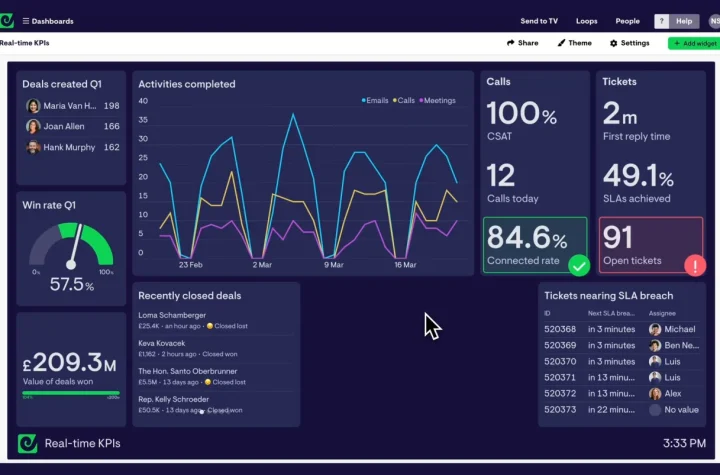
Credit history is the record of your borrowing activities. It indicates your ability to repay credit card and loan debt. Credit history is reported to the three major credit bureaus. The information is then used to calculate your credit score, which is an indication of your creditworthiness to lenders. Poor credit history can have long-term consequences. In addition to your credit score, your credit history also tells lenders whether you have a history of late payments, bankruptcy, and collections.
Information about your credit history is compiled into a credit report by one of the three credit reporting agencies: Equifax, Experian, or TransUnion. The information is compiled from various sources, including creditors, financial institutions, and private companies. It includes information about open accounts, payment history, credit limits, and the number of credit inquiries made within the last two years. If you have a long-term credit history, you may want to consider getting a credit report every year.
A person’s payment history accounts for 35% of the total score. It shows whether or not they pay their bills on time, how often they miss them, and the number of days they are past due. The shorter the payment history, the better. Creditors are more likely to approve you for a loan if you make your payments on time. This way, you will be viewed as a low risk to them. If you want to improve your credit score, try paying more than the minimum amount due on all of your accounts.
Your credit history will help your credit score if it is longer. There are three factors that affect your credit score: age, payment history, and credit utilization. The length of time accounts have been open and used, and the mix of accounts may help you show lenders you’re good at managing different types of debt. Both FICO and VantageScore use age in determining your credit score. If you have a mix of older and newer accounts, this helps the lender determine if you can pay off the debt.
A person’s credit history can be short or long, but it is very important for people applying for loans. Credit history helps the lender determine a person’s reliability. People with longer credit histories are generally considered lower risks and will receive loans more easily than those with short credit histories. A good credit history can also help you qualify for a loan with attractive terms. If you have a long history of making payments, it can also help you qualify for a car loan or a personal loan.
Paying off your debts on time is another way to improve your credit history. This demonstrates that you don’t borrow more than you can afford. By paying off all your debts on time, you can show that you can manage your debt responsibly and maintain a low credit utilization ratio. The Consumer Financial Protection Bureau recommends a credit utilization ratio of 30% or less. However, this is not an exhaustive list. Depending on your personal situation, you may need to look at all your accounts.





More Stories
The Intersection of Cryptocurrency and Traditional Credit Scoring: A Financial Collision Course
Managing and Optimizing Credit for Side Hustle and Creator Economy Income
Credit-Building Strategies for Digital Nomads and International Remote Workers